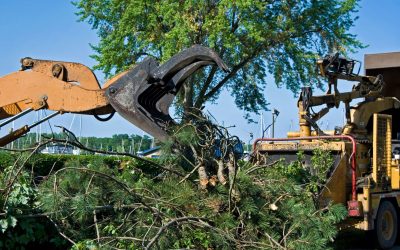In designing and building a piping system, valves are employed at critical points to allow for control and access. Valves need to be turned on or off quickly and reliably and must therefore meet the following criteria:
- Reduced friction between the disc and the seat.
- High resistance to corrosion, wear and impingement.
- High resistance to extreme temperatures.
- Safety considerations.
Valves are highly variable with different body designs, disc shapes, seat attachments and materials. There are plug valves and butterfly valves as well as gate and globe valves, but the type of valve that meets the above criteria is the ever-adaptable stainless steel ball valve.
The ball valve design uses a ball-shaped disc that rotates in its PTFE seat inside the body of the valve. With no lubrication necessary, the ball’s smooth surface glides easily against the seat to allow for a quick turn. This nearly frictionless interaction eliminates the risk of a valve being stuck open or closed.
Stainless steel has quickly become the material of choice for ball valves since the alloy is resistant to corrosion by many common chemicals. Buildup between corroded surfaces can freeze up moving parts of some valves, but with stainless steel, ball valves can stay in one state and suffer no such dire consequences.
Both the lack of lubricant and corrosion makes stainless steel ball valves essential in almost any piping system that comes in contact with food or beverage. Potable plumbing in particular is under the scrutiny of the Safe Drinking Water Act (SDWA) of 1974, and every point in distribution is considered for potential sources of contamination. Stainless steel meets the Federal standards and is certainly safer for consumers than materials that may contain lead or brass.
A SS ball valve that can withstand extreme temperatures also increases its value and number applications it can be used for. Stainless steel remains relatively inert at both high and low temperatures, thereby maintaining its function without contaminating the fluid. This property of stainless steel is greatly valued in food and beverage industries and micro brewing.
Piping systems can contain a wide variety of chemicals from high pressured steam to natural gas to waste to acids. Safety is the utmost concern, and with its easy on/off function, ball valves make ideal main shutoffs. In an emergency situation, time is vital and a valve that allows for a quick response plays a critical role.
Valves are needed for multiple applications across industries as well as for personal and home use. Stainless steel ball valves often meet the criteria of many of these applications, thus proving the importance of having a versatile, and adaptable design.


